Sep 04, 2025
Author:Jackson Watson
You’re giving belly rubs, your fingers graze a little knot, and now you’re spiraling through what if territory. Take a breath. Bumps on dogs skin are common, and most aren’t emergencies.
Whilst some are just fat deposits or tiny ingrown hair, others do require vet treatment. This is a guide that takes you through the common suspects, what to beware of, some basic self-help measures, and when you should really head to the doctors.
Along the way, you’ll find helpful resources from WOpet, hydration and nutrition play a bigger role in skin health than most pet parents realize, plus a few links to deeper dive articles if you’re the research everything type.
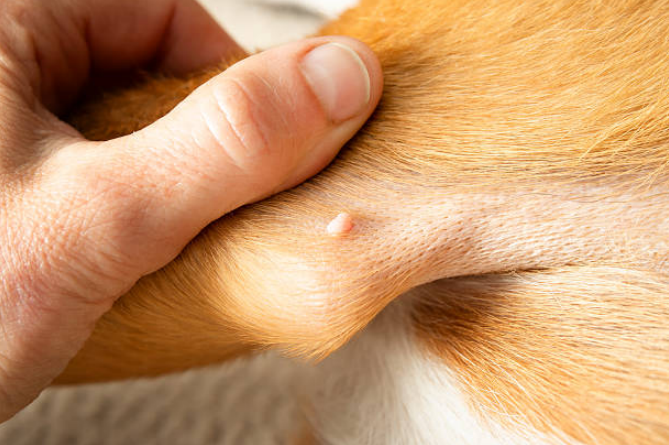
Before we sort bumps by type, here are red flags that mean call your vet sooner rather than later:
● Rapid growth over days to weeks
● Ulceration, bleeding, or a wound that won’t heal
● A firm, fixed mass that feels anchored in place
● The swelling, which is then accompanied by lethargy, fever, or lack of appetite
● A sensitive area that the dog protects or refuses to be caressed
● Bumps near the eye, mouth, or genitals
● Any mass on a very young puppy or a senior dog that changes suddenly
You never need permission to be cautious; if it’s new or changing, your vet will likely recommend a quick exam and possibly a fine needle aspirate (FNA), which is a simple, minimally invasive cell sample.
Dog skin is a crowded city, lots going on underneath. The most common ones can be referred to as follows: what they look like, and how they behave.
If you’ve spotted a pimple looking bump on dog, you’re probably seeing an inflamed hair follicle (folliculitis) or a clogged pore. These can look like small white or redheads, sometimes with a hair trapped inside.
They tend to occur in the regions of short hair and friction (armpits, belly, groin). They frequently itch, leading to licking or scratching to the extent of forming itchy bumps on dogs skin.
What can help: mild cleaning, drying the area up, and no licking. Squeezing may further push the bacteria down when you pop.
When to see the vet: in case more bumps appear, or when there is pus, or when the dog appears to be in pain.
The allergic outbreaks may cause raised, smooth, warm bumps (hives) that erupt rapidly, typical sudden lumps on dog under skin caused by a new food product, pollen spike, or an insect bite. Hives may appear in certain parts of the body and may be itchy at times.
What helps: Antihistamines, as needed (and consult your veterinarian, never give meds on your own, or without veterinarian guidance), cold compresses, and neutralizing allergens.
Cysts have the characteristics of feeling like pea sized lump under dog skin, round, smooth, and movable. They are able to slowly expand, and may burst, spilling a cheesy-white substance. They tend to be benign but may become irritated.
What helps: do not squeeze, it might cause an infection. Your vet may drain or remove persistent cysts.
In young dogs or dogs with a weakened immune system, you might as well see minute cauliflowers on the lips, gums, and skin. They can be solitary or in clusters and usually resolve over time. They’re harmless but can snag or bleed.
Lipomas are the poster children of dog tumors under skin, soft, squishy, and movable, usually found on the trunk or limbs of middle-aged to senior dogs. They often grow slowly. While generally benign, your vet should still sample them to be sure and track any changes.
Note: there’s also an infiltrative type (rarer) that can invade nearby tissue; vet monitoring matters.
The plot twist: some dangerous tumors masquerade as just another lump. Mast cell tumors can wax and wane in size (they degranulate and swell, then calm down), may feel itchy or ulcerate, and can appear anywhere, including as a bump on dogs head. Any suspicious or changeable lump deserves a sample. Early identification saves a lot of time.
A warm, painful swelling that seems to appear overnight could be an abscess from a hidden scratch, bite, or foreign body. Your dog may act tender or lethargic. These require vet care to drain and treat with the appropriate meds.
A bump that shows up after rough play or scratching, especially a puffy ear flap, could be a hematoma (a pocket of blood). Head bumps can also happen from zoomies gone sideways. Even benign trauma can look scary; a vet can advise if it needs intervention.
Ticks can feel like small lumps on dogs skin, especially when engorged, and hide under fluffier coats, so if you’re thinking my dog has bumps under her fur, do a thorough parting of the hair with a bright light.
Proper removal technique is key (twist or steady traction close to the skin, no gasoline, please).
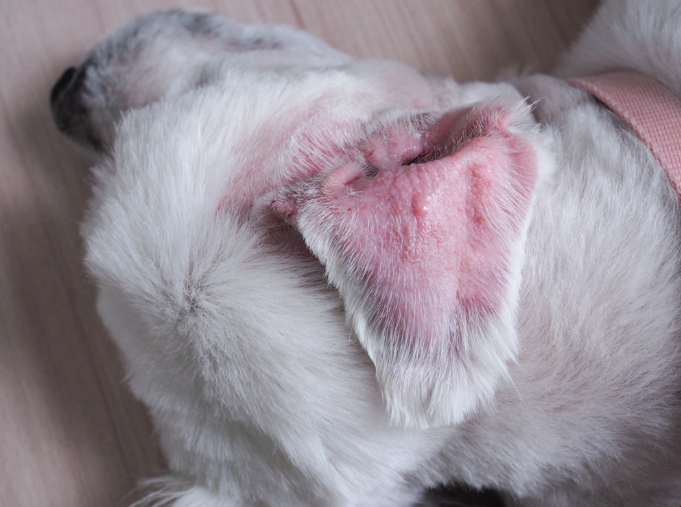
● Head/Face: Allergies, bites, papillomas, trauma, and MCTs can all present here; don’t ignore a persistent bump on dogs head.
● Armpits/Inner Thighs/Groin: Friction plus moisture = folliculitis, cysts, or lipomas.
● Neck/Shoulders: Ticks love these spots; also common lipoma territory.
● Ear Flaps: The hematoma is not uncommon and arises following the shaking of the head or ear infections.
● Between Toes: Painful, bothersome, interdigital cysts that may be related either to allergies or infection.
Once you have located a bump, go through the following checklist and take down notes (this information is invaluable to your vet):
1. Texture & Mobility: Soft or firm? Does it have good movement or mobility under the skin?
2. Surface: Smooth, crusted, ulcerated, or hairless?
3. Temperature & Pain: Warm? Tender? Your dog flinches?
4. Number: Single lump or sudden lumps on dog under skin appearing together?
5. Behavior: Is your dog licking or scratching itchy bumps on dogs skin?
What not to do: No squeezing/lancing or application of random human creams. Certain tumors can be aggravated by the medications, and broken skin is prone to infection.
● Fine Needle Aspirate (FNA): A very short needle can be used to extract sufficient cells to know cyst vs. lipoma vs. mast cell tumor..
● Cytology/Histopathology: Ideal diagnosis when there are suspicious masses.
● Bloodwork & Imaging: If the tumor is malignant or large, your vet will do screenings and strategize on treating the cancer.
● Removal vs. Monitor: Harmless lumps can simply be measured and charted; others will undergo surgical removal.
While you can’t lifestyle your way out of every lump, consistent care helps reduce several culprits, especially allergy- and infection-related bumps.
● Steady, Balanced Diet: Food changes can trigger hives or GI/skin upsets. An automatic feeder helps maintain consistent routines (and portion control for weight, which affects inflammation). If you like smart tools, the WOPET Patrol Automatic Cat & Dog Feeder (WiFi, 6L) makes scheduled meals easy, even if you’re stuck at work.
● Hydration: Well-hydrated skin is healthier skin. Many dogs drink more from moving water. The WOPET Ceramic Pet Water Fountain (W03L) is ceramic, keeping the water clean and flowing with fresh water.
● Bathing & Grooming: Gentle shampoos should be used, and the coat must be dried all the time after swimming or bathing.
● Allergy Management: After walks, wipe paws, use a barrier balm prescribed by the vet, and any given diet trials or prescription medications.
● Monitor & Record: Doing a quick weekly skin sweep during cuddle time will trap early changes. If you’re away, a smart camera can help you keep an eye on hot-spot scratching or post-surgery no-lick behavior. The WOPET Guardian Dog Treat Camera even lets you toss a treat to interrupt obsessive scratching and check in on your buddy.
Yes, lipomas, skin tags, and cysts are common. But normal is something a vet confirms, not a guess. A quick sample is better than weeks of worry.
Use a bright light and part the hair in multiple directions. Check for ticks (they can feel like peppercorns), scratch marks, and redness. If you find multiple tender or oozy spots, call your vet.
When it is soft and your dog appears okay, then it may just be a small hematoma or localized swelling. Note the size, take a picture, and review after 24-48 hours. Any neurologic signs, eye involvement, or rapid growth = vet now.
There’s no reliable feel test. Some cancers are soft; some benign masses are firm. The only way to know is through cytology or biopsy.
Resist the urge. Squeezing can seed infection and complicate diagnosis. Warm compresses and vet guidance are safer.
Allergies (food or environmental), fleas, mites, or infections top the list. Itching is your sign to act early, scratching can spiral into hot spots and secondary infections.
Yes. Small doesn’t equal safe. Many concerning tumors start small; early sampling is easy and informative.
Think hives from stings/pollen or tick bites. Rinse off, monitor breathing/face swelling, and contact your vet for antihistamine guidance if needed.
● Consistent feeding & weight control: Excess weight can make inflammation and skin folds worse. A smart feeder like the WOPET Patrol Automatic Feeder helps keep portions on point.
● Hydration station: Some dogs simply drink more when the water is fresher and moving. The WOPET Ceramic Pet Water Fountain can help bump up daily intake, which is good for skin and overall health.
● Frequent care: brush away shed hair, inspect areas that are difficult to reach (armpits, between the toes, under the tail).
● Seasonal allergy plan: Talk to your vet about baths, wipes, supplements, or prescriptions specific to your dog.
For a broader wellness plan, this guide is a great bookmark: How to Keep Your Pets Healthy.
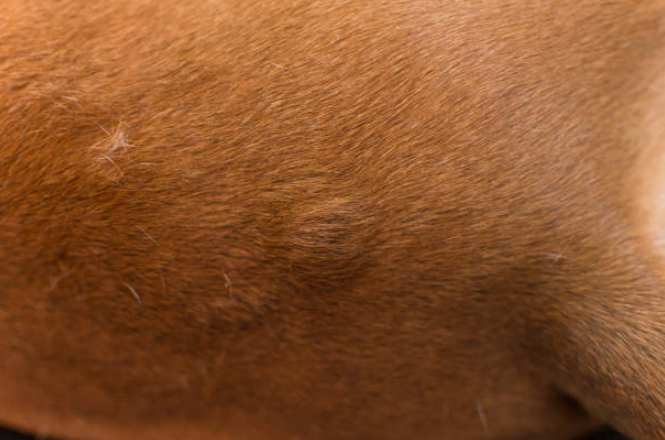
Finding bumps on dogs skin is part of pet parent life. Most are benign, but looks can deceive. Don’t rely on size or feel; get new or changing bumps sampled. Itching, warmth, pain, bleeding, or fast growth mean call the vet.
Daily routines, steady feeding, better hydration, grooming, and allergy plans reduce a lot of bump drama. Smart tools can make care simpler and help you keep a close eye on things, from consistent meals to real-time check-ins.
If you want to nerd out on visuals and deeper disease info, try WOPET’s skin guides here:
● 16 Different Kinds of Dog Skin Diseases and Problems (with Pictures)
● Common Types of Dog Skin Diseases (with Pictures)
And remember: you know your dog best. If something looks off or feels different, a quick vet visit now beats a big worry later.
Label:
Popular Post

What to Feed a Sick Dog With No Appetite? [2025 Guide]
May 16, 2023
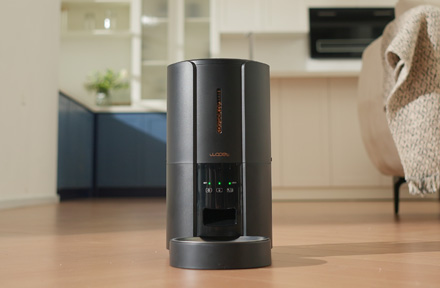
Troubleshooting Common Issues with Automatic Pet Feeders: Tips & Tricks for Pet Owners
Oct 26, 2023
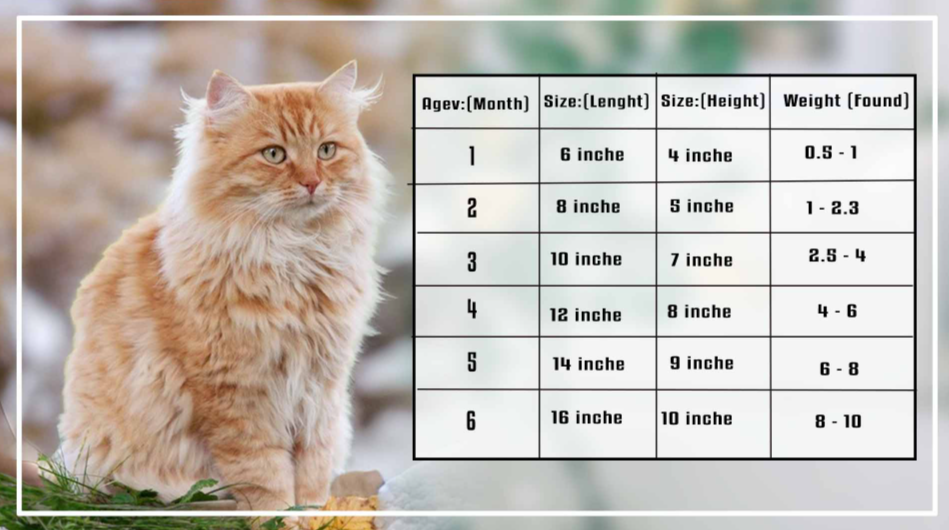
What is a standard Cat Weight chart by age Kg?
Mar 19, 2025

Why Does My Cat Cough After Drinking Water? 8 Potential Reasons
Mar 13, 2023

Why is My Cat Throwing up Water? Top 5 Causes Here
Feb 08, 2023
$109.99
$129.99
Copyright © 2025 WOPET. All Rights Reserved.